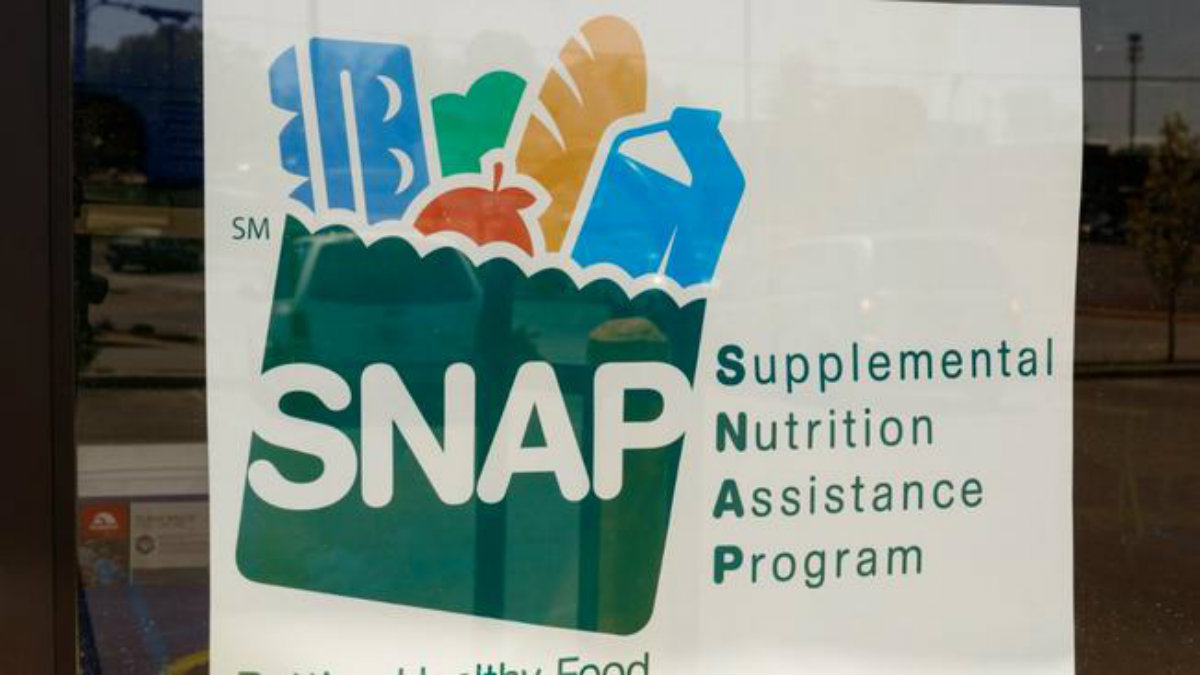An elderly Muslim cleric convicted of sending tens of thousands of dollars to finance the Pakistani Taliban terror organization should spend at least 15 years in prison, federal prosecutors recommended Wednesday.
Hafiz Khan, 78, could get as much as 60 years behind bars when he is sentenced Friday because each of the four terrorism supported-related convictions carry maximum 15-year sentences. Assistant U.S. Attorney John Shipley said in court papers that combining all four potential sentences into one would be sufficient punishment.
Sentencing is scheduled before U.S. District Judge Robert Scola.
Shipley said hundreds of FBI recordings of Khan on the telephone and speaking in person with an informant show he supported the Taliban's attacks on Pakistani and U.S. targets and knew his money was going to promote violence. Some calls showed Khan praising attacks such as a deadly 2009 bombing at a CIA base in Khost, Afghanistan, and the failed 2010 attempt to detonate a bomb in New York's Times Square.
"We are not contending that Khan's misconduct tops the scale of terrorism offenses," Shipley said. "But his sending money to militants in Pakistan helped the Taliban put Pakistani and American lives in jeopardy and fostered violence, not peace."
Khan's attorney, Khurrum Wahid, filed separate papers Wednesday asking for a more lenient but unspecified sentence, pointing to Khan's advanced age and medical problems. He also cited Khan's testimony in his own defense that he intended the roughly $50,000 he sent over a three-year period to be used for family, friends and charity in his Pakistan homeland. Before the 2011 arrest of the imam at a Miami mosque, Khan also founded a religious school, or madrassa, in Pakistan's Swat Valley.
"Mr. Khan answered the pleas and arranged to send funds to whoever needed it," Wahid said. "If someone was in need, he would do what he could."
Local
The madrassa was closed for a time by Pakistan's government as a suspected hideout for Taliban fighters, though it later reopened. Shipley also noted trial testimony indicated it was used to identify young fighters who would later join Taliban extremists in both Pakistan and Afghanistan.
Testimony From Pakistan in South Florida Terrorism Trial
Khan also testified during his trial that he falsely claimed to harbor extremist views in hopes of obtaining $1 million from a man who was actually an FBI informant. Shipley said that testimony was perjury and that those lies argue against giving Khan a lenient sentence.
"Khan was very clear in conversations with his own family and with the (informant) that he was prepared to lie to further his cause," Shipley said.
Two of Khan's sons, Izhar and Irfan, were initially charged along with their father but the charges against them were dismissed. Three others in the indictment, including Khan's daughter, remain free in Pakistan, which will not allow them to be extradited to the U.S.
More Local Stories:



